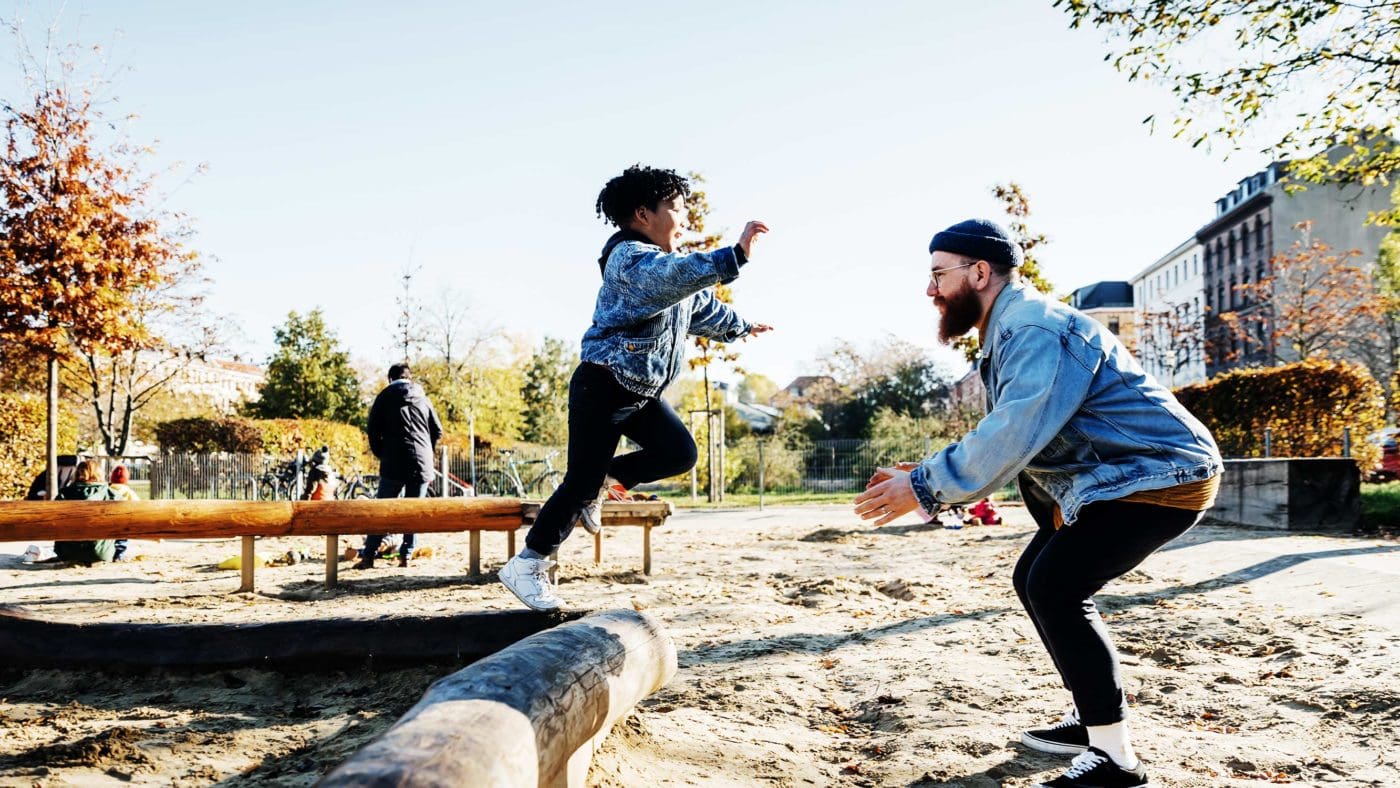It’s International Men’s Day today – but you won’t see much about it in the media, and there’s little sign of a big government push on the issues facing the men and boys.
The facts are stark. Across the UK, 13 men die by suicide every day, 33 men die due to prostate cancer every day and one in five men do not live to 65. In addition, 36,000 fewer 18-year-old boys than girls go to university every September, 84,000 men are in prison and over 3,000 boys are excluded from school every year.
But although it’s unlikely to feature prominently on the BBC or in the papers, if you go on social media you will likely spot #internationalmensday trending (there were 175,000 tweets in 2021 in the UK) and see lots of positive messages encouraging men who need support to reach out, alongside wonderful examples of the brilliant things men and boys do. The latter more often than not from mothers, sisters, daughters and female partners.
Today, last week and next, over 400 organisations are marking the event – from City banks, SMEs, staff teams at government departments and public bodies to universities, pubs, sports clubs, community groups, charities and theatres.
There was also a debate in Parliament on Thursday led by Tory MP Nick Fletcher, who chairs the All-Party Parliamentary Group on Issues Affecting Men and Boys. The debate was not as well attended as it should have been and, strikingly, not one backbench Labour MP took part.
International Men’s Day in the UK is founded on three themes which provide a foundation for organisations and the public to get involved in some shape or form.
- Making a positive difference to the wellbeing and lives of men and boys
- Raising awareness and/or funds for charities supporting men and boys’ wellbeing
- Promoting a positive conversation about men, manhood and masculinity
Over the past decade, International Men’s Day in the UK has developed from an event marked by a few pioneering charities, campaigners and academics to one that has become part of the mainstream. What’s striking is how inclusive an event it is, with about half, if not more, of the events being organised by women. The only group who seem not to have caught up with this trend is our politicians.
There seems to still be a wariness and timidity when it comes to our political class taking on the issues that face men and boys in Britain today. That unease is characterised by evasiveness and false comparisons between men and women.
There was a fine example in June this year during a House of Lords debate on male victims of crime. Asked why there was not a specific strategy for male victims of domestic violence, Home Office Minister Baroness Williams suggested that doing so risked provoking ‘a lot of complaints from women and domestic abuse organisations’ because the majority of abuse victims are women.
To my knowledge, no group advocating for women and girls has ever made this argument. More broadly, there is absolutely no need for a ‘competition’ pitting issues faced by men and boys against those facing women and girls. It is absurd, however, that male victims of sexual violence, domestic abuse, and forced marriage are defined by the Government as victims of violence against women and girls. Seriously, they are.
It is not as though no one has been asking for more specific policies aimed at issues facing men and boys. There have been requests over the past five years for initiatives to understand and tackle boys’ underachievement at school. The same for a men’s health strategy (there is, quite rightly, a women’s health strategy), a male suicide prevention strategy and an intimate violence against men and boys strategy.
Every year, International Men’s Days reveals with clarity these two different and distinct cultural paths. The public across the whole country getting behind their men and boys with events, charity fundraising and displays of affection because they care, while Westminster largely turns a blind eye.
Why that remains the case is up for debate. Perhaps some still feel men are basically ‘privileged’ and therefore undeserving of political attention. Perhaps it is fear of attracting criticism from ideologues who believe that ‘toxic masculinity’ is the root of all society’s problems.
Richard Reeves, whose recently released book Of Boys and Men is a must-read on these issues. makes the important point that we can ‘think two thoughts at the same time’. There is nothing anti-women about addressing the issues facing men and boys. Indeed, a world in which those issues are addressed is a better one for all of us to live in.
The public understand this – which is why both International Women’s Day and International Men’s Day are huge successes. They can think two thoughts at once. Surely, it is about time our politicians caught up.
Click here to subscribe to our daily briefing – the best pieces from CapX and across the web.
CapX depends on the generosity of its readers. If you value what we do, please consider making a donation.


